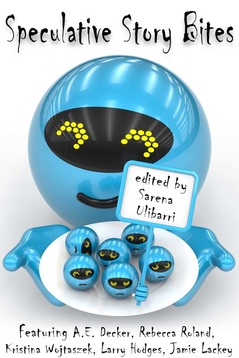 "John Knocking" by Kristina Wojtaszek is original fiction from the anthology Speculative Story Bites. Get the whole anthology from Amazon, Kobo, or World Weaver Press. He shuddered as the scalpel nicked a rib, flaking off a shell-white sliver. For a moment, John was unable to go on, his hands falling limp to his sides. He remembered a time when he’d enjoyed the intimate music a body produced on his table; the metronome of blood dripping to the floor, the whispering shush of a heart releasing its last fistful of life, the grunts of the slavish intestines, working long shifts even as the skin grew dusky and the muscles seized. But bone was an instrument that never failed to unnerve him, and the sharp crack as he spread apart her ribs sent him stumbling out the door into the back alley, gulping twilight. For the thousandth time, he wondered what the hell he was doing. It was some thirty years ago that John acquired his first patient; a squirrel his brother had shot out of a tree with his prized BB gun. Five year old John lifted the limp body, amazed by the little heart still thrumming away under his thumb. His brother watched in silence as John snuck the rodent into the house, making a bed for it in his underwear drawer. They checked on it later that night, but found its limbs stuck straight out like the stiff legs of a chair. Eric shrugged and slunk away to his bed, looking a little guilty. But death didn’t deter John, always the obstinate and unswayable child. His relentless will often resulted in long hours seated before cold pork chops, and once, a screaming fit as his mother yanked him out of a hole in the back yard and carried him off to bed, resigning herself to nonfictional bedtime stories from then on. The next morning, he’d had to rescue A Journey to the Center of the Earth from the kitchen trash. So as his brother snored that night, John lay sprawled on the bedroom floor, digging for life with a pen knife. He uncovered the ribs first, like the miniature doors of an iron gate, painted sterling by the moonlight. He pried them open with his thick thumbs, one still bearing the indent from his nightly sucking. As he poked his way through the pericardium, like the thin skin of a pea, he found the now quiet heart and pried it loose. He held it up in his palm, searching for some miniscule screw or latch, any indication of where a tiny battery might be replaced. At last he gave up, setting the heart between the little pink lungs, like wads of chewing gum. He poked at them, moving one aside; behind it, he spied a blood-red door. “Jesus, kid, what are you doing?” his brother whisper-shouted, waking as John made a noise of surprise. For the first time, John noticed the blood spotting the floorboards and staining his white nightshirt, appearing black in the dark room. He glanced back at the tiny door, nestled in the squirrel’s chest, the spine like a long white stair trailing down from it. Suddenly, John was scared of what he’d done, seeing the panic in Eric’s wide eyes. “Don’t tell Mom.” Eric was something of a devil, their mother always said, telling John the cat food was a bowl of tiny cookies, the toilet a portal to the ocean, which you had to dive into head first, and declaring with certainty that the spider plants in the living room were strong enough to swing from. But for all his cruel pranks, Eric was a saint that night. He helped John undress, mopping up the blood with his shirt and stuffing the mess into an old game box he promised to throw out the next morning. He got his kid brother a soapy washcloth and a clean set of pajamas, and hid the pen knife under his own bed. “What about the squirrel,” John whined. “What about it? It’s dead. We’ll bury it tomorrow; pretend the box is a coffin.” But John lay awake for a long time after, and when he finally slept, he found himself standing before that dark little door in his dreams, his hand poised to knock. Two years after the squirrel dissection, John found himself suddenly alone with the body of a stray tabby. Eric was at a friend’s house, and John had spent the morning on his knees by the road, scraping at a lost marble embedded in the cement, when the sound of screaming tires brought him to his feet. A man stuck his head out the window of a black Riviera, asking if John was all right. He nodded, never taking his eyes off the lifeless ball of fur between the car’s rear tires. The man handed him a wad of twenties, assuming the cat had been John’s, and left him in the wake of another life lost. This time, John knew immediately that the cat was gone by the snapped bone protruding from its neck. He wasted no time stuffing it into an old shoebox and taking off to the woods behind their house. He remembered Eric’s help that fatal night two years before, and brought a backpack with a clean set of clothes, two trash bags, his mother’s rubber gloves she used for bleaching the countertops, an X-Acto, and an old hand towel that had made its way to the rag bin. He set out his supplies beside the tiny pond where he and Eric fished for tadpoles. He hesitated only for a moment, wishing for a pair of scissors or a razor, before carving into the chest. It took longer to open than the squirrel’s had, and when he pulled apart the ribs they snapped like a broken branch, and his hands slipped in the blood, causing him to fall over the body, his face inches from the gore. John had to gaze off into the trees for a while, finding relief in their still limbs and sealed, knotted eyes as he fought against the rise of nausea. The afternoon light had grown dull and morose by the time John had the heart and lungs out, nestled together in the open trash bag. He tipped the body to drain the blood-filled cavity, and a glint of glass caught his eye. He wiped at it with the rag, revealing a tiny oval window with an intricate lead design set high in a black door, about the size of a wallet. It looked as though it belonged to a dollhouse, but there was no knob or lock, no keyhole or bolt or any indication that the door could be opened, and yet it was well-formed and finely detailed, sitting in a frame of flesh. John tapped at it with a knuckle, testing its wooden ring, like the echo of a lost heartbeat. He pried at the seams with his blade, but it snapped off, leaving him with little more than a sliver of metal to work with. He turned the cat over, scraping at its back, but there was no sign of the door beneath those muscles. Later he would learn their names, trapezius and rhomboideus, when a degree in veterinary medicine would become the only feasible route to study his growing obsession. But never would that hidden door be discussed or labeled in his texts, and he would learn to see through it when reciting anatomical terms for an exam. After dinner, when John led Eric by flashlight to the hidden body, Eric stared quizzically at his kid brother as John pointed out the door. “Don’t you see it?” But Eric rapped on John’s backbone as John explained what he saw. Eric shook his head and backed away, looking more than a little disturbed. “I don’t have to worry about you coming at me with a scalpel in the middle of the night, do I?” Eric asked with a forced laugh. But that night, it was John who was startled awake, a voice drawing him out of his dreams. He held his breath as he lay still, popping his thumb into his mouth before remembering the blood that had made its way earlier through a small tear in his mother’s glove. The thick chop of the clock in the hall was finally easing him back to sleep when he heard it again: a too-close, sinister whisper. John moaned as he wet the bed, his eyes scanning for movement in the dark, but there was nothing to see. The words kept coming, slow and clear as his own thoughts. I smell my blood on you. His scream wouldn’t come. He longed for Eric, for his mom, thinking of the doors between them… Suddenly John understood, remembering the little black door inside the tabby. He had knocked, and the cat had answered. *** 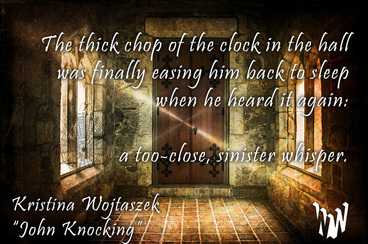 Three decades and sixteen doors later, John was plagued by various pets, whispering at random throughout the day and night, leaving him a threadbare insomniac. He’d tapped on the scratched screen door belonging to a brown bat; the half rotted barn door of hog; the thick vault of a secretive badger; and the ship’s hatch inside a rat, among others. The last door he’d knocked on had been in his first year working at the clinic, unable to resist the revelations of a pet alligator that had escaped her outdoor pen and been shot by a frightened neighbor. She had little to say, it turned out, other than a few drowsy mutterings over the chill of mornings and the texture of turtle meat. And though he regretted the foul musings of a Jack Russell, his nose always plunged into a heap of trash, it seemed, the doctor was intrigued by many of the animals’ insights. A gar, for example, revealed startling thoughts triggered by electrical impulses in the water, and a migrating warbler gave meticulous warnings about changes in daylight and the earth’s magnetism. In fact, he’d had several recent publications in The Journal of Veterinary Science, Zoology and Avian Ecology and Behaviour. Still, John was thankful he’d been wise enough to avoid the doors of species with higher intelligence, especially cetaceans and primates. And he knew he’d never consider tapping the consciousness of a deceased human. But things changed the day he lost Miranda. John had been married to Miranda only four years, still a little giddy with the discovery of her, the high of rushing home to her whenever he had a cancellation at the clinic. She’d been an artist, working primarily with wood and aged leather, turning their basement into a sort of gallery. He’d painted a rustic sign for her, “The Twisted Root,” and fastened it above their mailbox. She’d sold a handful of trinkets, and one large sculpture to a tourist from New York whose Pekingese had suffered a bout of allergy-induced asthma during the trip. John never understood her art, but it thrilled him to find flecks of paint and curled wood shavings in her hair before dawn. She woke him every morning with cello recordings and mugs of spiced chai. They’d been cautiously optimistic about the idea of children, and their only pets were the occasional patients brought home from the clinic for round the clock care. The voices and their doors were the only secrets John ever kept from her, still cringing inwardly at Eric’s reaction all those years ago. But when Miranda’s prolonged fever turned out to be lymphoma, he found himself rambling to keep her awake half an hour longer, to claim five more minutes of her company. He thought she wouldn’t remember his strange stories about the doors hidden behind the heart, or the seventeen animals that haunted him with their voices. And he was sure if she did, she’d attribute it to some strange dream, triggered by the cocktail of medications and pain killers she took. But when Miranda decided to stop the chemo and began weaning herself off of the pain killers, wanting to work again, John was horrified by her new creations. She worked ceaselessly, refashioning old doors, stripping and reshaping them at all hours. Some ended up with odd inscriptions carved into their stained surfaces, others had talons or hooves for handles, or feathers and fur framing darkly tinted windows. They never acknowledged what he’d told her, avoiding the question of his sanity. When she refused to wake one morning, growing cold in his arms, he trudged down to her studio with an axe in hand, holding the doors somehow responsible. It stormed that day as he drove her to his clinic, a wet mist settling on the open window as he laid her over the too-small operating table. He covered her well, the blue surgical sheet revealing no more than necessary. He returned from the splitting of her ribs after several cigarettes and a small injection of morphine, and commenced draining her fluids. He cupped her bruised heart for a moment before carefully laying it and her lungs aside, the large door already showing. He’d been unsure what to expect, still seeing the shards of her art lying in pieces in their basement. He was surprised by its simplicity; a windowless, undecorated slab of raw pine. John closed his eyes, his palm pressed against its solid surface. It had taken him half the day to close her up and hide his work, and still he worried about the scars. What would the coroner say? Would they accuse him of…what, exactly? He clutched at her pillow, hating her absence. He didn’t care. He would confess, tell an appalled courtroom about the doors, and they would make him comfortable in a sterile facility, the walls starkly bare of art and a handful of pills to put him to sleep each night. He kicked at the sheets, shouting at the animals to give it a rest, not wanting to miss her voice in their cacophony of outbursts. You’ve done it again, the old tabby hissed. I smell blood on your hands. The rats begged for scraps, and the parrot screamed his owner’s name again and again. Let me out, the pig pleaded, longing for the scent of dew-studded grass. Let me out. I don’t like the dark. John wept, tearing off the covers and rushing to the bathroom where he cleaned out the medicine cabinet with a swipe of his hand, throwing her useless prescriptions across the room until he found her tranquilizers. He poured a handful into his palm without counting, slapped them into his mouth, and chugged water straight from the faucet. The floor was already shifting beneath him as he stumbled back to the empty bed. A gray dawn threatened from the window, and he screamed into his pillow until his ties to the world slowly slackened, giving way to the dark cavity he knew well. He curled up inside it, nestled beneath her heart, and beat his head against the door until her voice came at last. Don’t, John. I’m here. Kristina Wojtaszek grew up as a woodland sprite and mermaid, playing around the shores of Lake Michigan. At any given time she could be found with live snakes tangled in her hair and worn out shoes filled with sand. She earned a bachelor’s degree in Wildlife Management as an excuse to spend her days lost in the woods with a book in hand. Now a mother of two little tricksters and their menagerie of small beasts, she continues to conjure bits of fantasy during the rare spell of silence. Her fairy tales, ghost stories, poems and YA fiction have been published by World Weaver Press, Far Off Places and Sucker Literary Magazine. Follow her @KristinaWojtasz or on her blog, Twice Upon a Time. We'd love to hear what you thought of this story! Please leave a comment below, and/or review this story at Amazon or Goodreads! Also by Kristina Wojtaszek
1 Comment
|
World Weaver PressPublishing fantasy, paranormal, and science fiction. Archives
February 2024
|
- Home
-
Books
-
All Books
>
- Beyond the Glass Slipper
- Bite Somebody
- Bite Somebody Else
- Black Pearl Dreaming
- Cassandra Complex
- Causality Loop
- Clockwork, Curses, and Coal
- Continuum
- Corvidae
- Cursed: Wickedly Fun Stories
- Dream Eater
- Equus
- Fae
- Falling of the Moon
- Far Orbit
- Far Orbit Apogee
- Fractured Days
- Frozen Fairy Tales
- Glass and Gardens: Solarpunk Summers
- Glass and Gardens: Solarpunk Winters
- Grandmother Paradox
- Grimm, Grit, and Gasoline
- Haunted Housewives
- Heir to the Lamp
- He Sees You When He's Creepin': Tales of Krampus
- Into the Moonless Night
- Jack Jetstark's Intergalactic Freakshow
- King of Ash and Bones (ebook)
- Krampusnacht
- Last Dream of Her Mortal Soul
- Meddlers of Moonshine
- Mothers of Enchantment
- Mrs Claus
- Multispecies Cities
- Murder in the Generative Kitchen
- Recognize Fascism
- Scarecrow
- Sirens
- Shards of History
- Shattered Fates
- Skull and Pestle
- Solarpunk (Translation)
- Solarpunk Creatures
- Solomon's Bell
- SonofaWitch!
- Speculative Story Bites
- Trenchcoats, Towers, and Trolls
- Weredog Whisperer
- Wolves and Witches
- Anthologies and Collections
- Novels
- Novellas
- Fairy Tale
- Fantasy
- Romance
- Science Fiction
- Urban/Contemporary Fantasy
- Young Adult SFF
-
All Books
>
- Blog
- About
- Contact
- Press / Publicity
- Newsletter Signup
- Privacy Policy
- Store


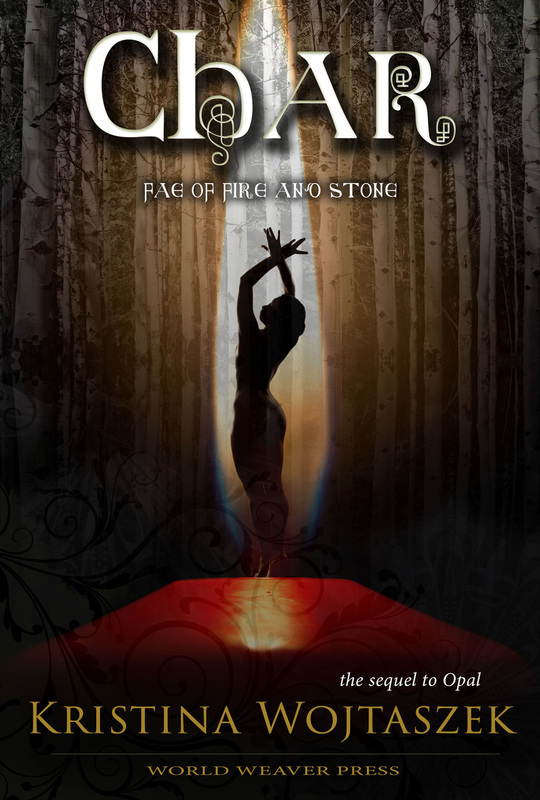
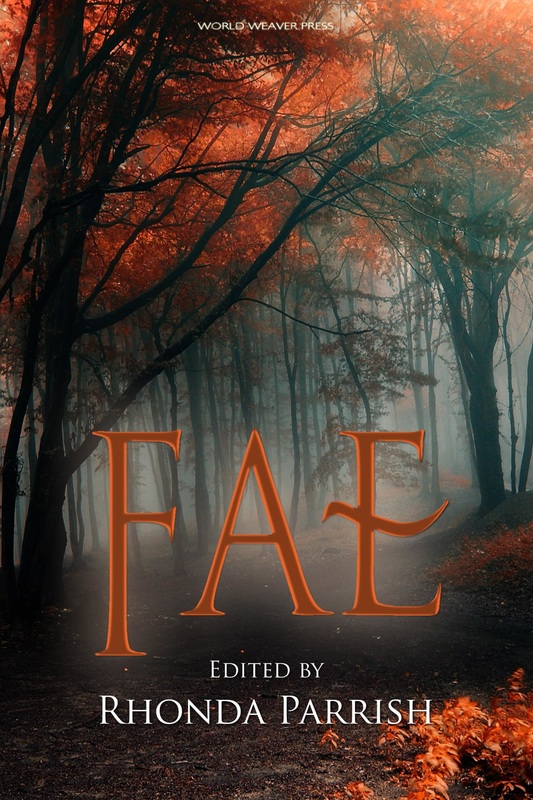
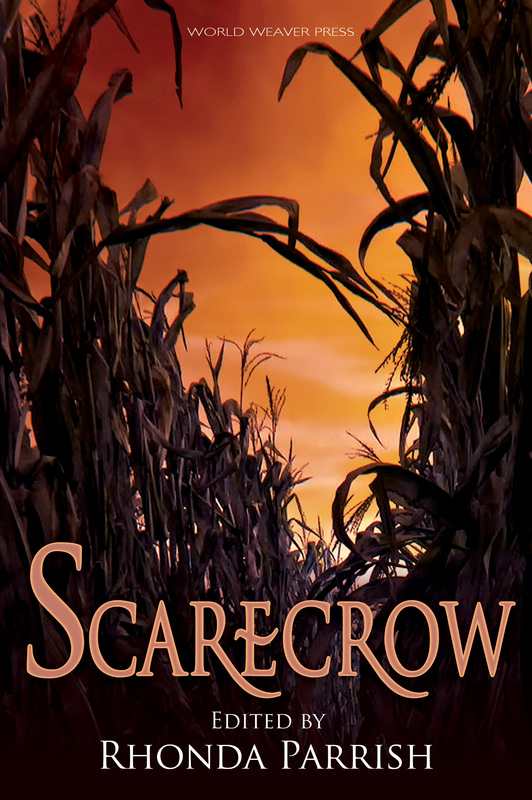
 RSS Feed
RSS Feed